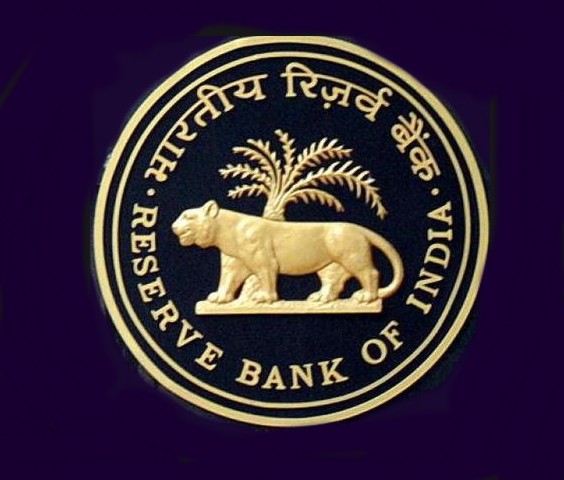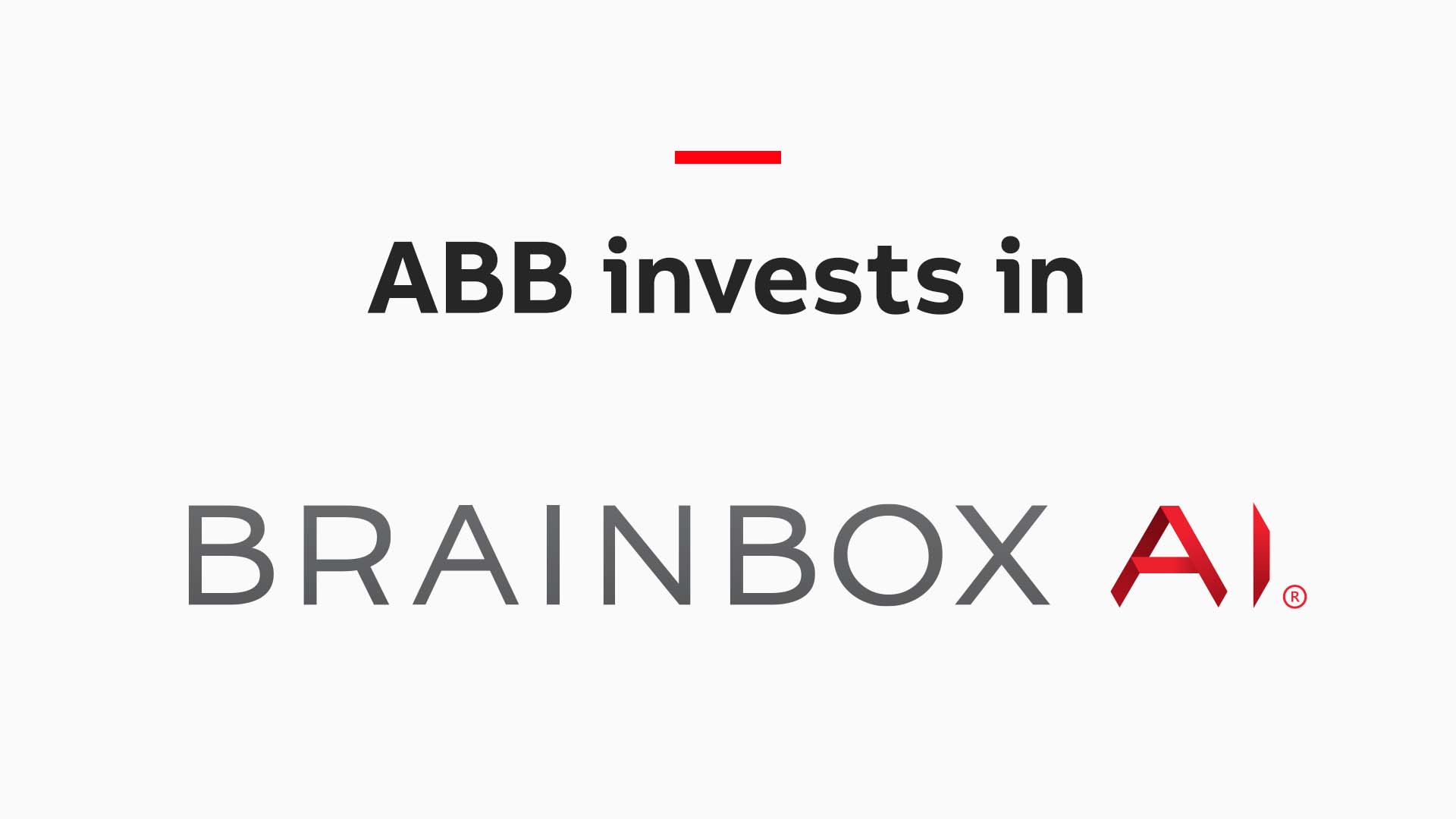These vending machines will dispense coins against a debit to the customer’s account. The process will use Unified Payments Interface (UPI) instead of physical tendering of notes
New Delhi, NFAPost: Reserve Bank of India (RBI) Governor Shaktikanta Das said that the central bank would launch a pilot project on QR code-based coin vending machines (QCVM).
These vending machines will dispense coins against a debit to the customer’s account using Unified Payments Interface (UPI) instead of physical tendering of banknotes. The pilot will be launched in 12 cities in the country, according to a report by ANI.
“This will enhance the ease of accessibility to coins. Based on the learnings from the pilot, guidelines will be issued to banks to promote the distribution of coins using these machines,” the governor said.
Delivering the outcome of the first Monetary Policy Committee meeting for calendar year 2023, the governor said that the RBI was taking this step to enhance ease of access to coins.
In a move to curb inflation and manage liquidity issues in the market, Governor Shaktikanta Das announced that the RBI Monetary Policy Committee (MPC) decided to hike the repo rate by 25 basis points to 6.5% on Wednesday.
The governor described the rate hike as appropriate at the current juncture. “The reduction in the size of the rate hike provides the opportunity to evaluate the effects of the actions taken so far on the inflation outlook and on the economy at large,” he added.
To contain high levels of inflation, the central bank has various tools at its disposal. Managing the repo rates is one of the primary tools the central bank uses to control the flow of cash in the economy. By increasing the repo rate, borrowing becomes a costly affair for commercial banks, making “cheap money” unavailable, which in turn, slows down investment and the supply of money in the market, curbing inflation.





